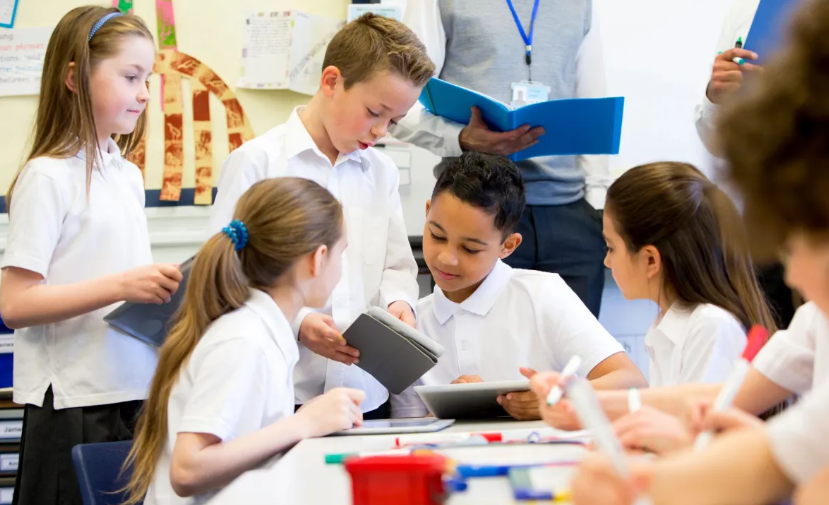One of the most critical factors in a student’s academic success and overall well-being is the quality of the relationship they have with their teachers. Building strong teacher-student relationships goes beyond the classroom; it plays a significant role in fostering a positive and nurturing learning environment. In this post, we will explore the importance of cultivating strong teacher-student relationships in schools and the benefits it brings to both students and teachers alike.
- Academic Engagement and Achievement:
When students feel connected to their teachers, they are more likely to be engaged and motivated in their studies. A positive teacher-student relationship creates a safe and inclusive space where students feel comfortable asking questions, seeking help, and actively participating in discussions. This engagement boosts academic performance, as students are more inclined to take risks, think critically, and explore new concepts with confidence.
- Emotional Support and Well-being:
Teachers can provide emotional support and create a sense of belonging for their students. For many students, school is their primary social environment, and building a trusting relationship with a teacher can be vital in terms of emotional well-being. When teachers take the time to genuinely understand and empathize with their students, they can offer support during challenging times, reduce stress levels, and contribute to a positive school experience overall.
- Improved Behavior and Discipline:
Strong teacher-student relationships have a significant impact on student behavior and discipline. When students feel valued and respected, they are more likely to follow classroom rules, maintain self-discipline, and interact positively with their peers. By building trust-based relationships, teachers can effectively manage classroom behavior, implement discipline strategies, and encourage a culture of mutual respect among their students.
- Enhanced Communication and Collaboration:
Open lines of communication between teachers and students are key to creating a collaborative learning environment. When students feel comfortable communicating their thoughts, concerns, and ideas, they are more likely to actively participate in classroom discussions. By fostering a culture of open dialogue, teachers can gain insights into their students’ needs, adapt their teaching methods accordingly, and provide personalized support to ensure student success.
- Mentorship and Guidance:
Building strong teacher-student relationships goes beyond the academic realm; it also provides an opportunity for mentorship and guidance. Students often look to their teachers for advice, support, and role modeling. By developing a close rapport with their students, teachers can serve as trusted mentors, guiding them through important life decisions, offering career advice, and serving as positive role models who inspire students to reach their full potential.
Conclusion:
Building strong teacher-student relationships is a fundamental component of a successful educational experience. By fostering positive connections, teachers can enhance academic engagement, provide emotional support, improve student behavior, and create a collaborative and inclusive learning environment. Investing time and effort into building these relationships will not only benefit students but also enable teachers to make a lasting impact on their students’ lives, contributing to their holistic development and long-term success.




